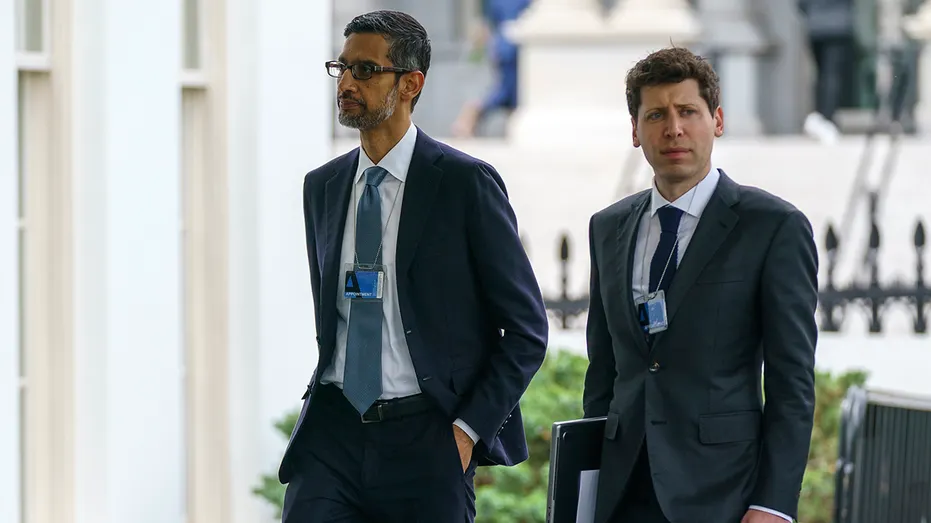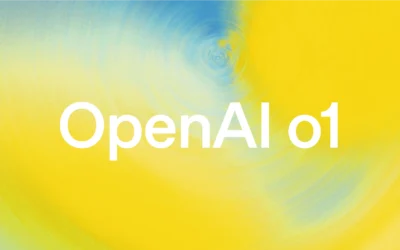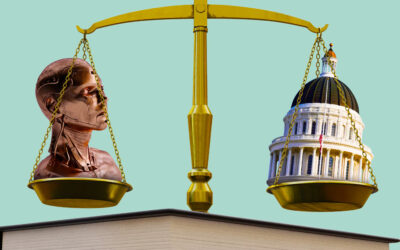OpenAI’s Sam Altman & Google’s Sundar Pichai Asked to Pay for Using Works of Over 8,000 Authors to Train AI

In a groundbreaking development that has sent shockwaves through the tech and artificial intelligence (AI) industries, OpenAI’s Sam Altman and Google’s Sundar Pichai have been asked to pay compensation for utilizing the works of over 8,000 authors to train their AI systems. The news, reported on July 19, 2023, by Business Today, has raised crucial questions about the ethical implications of using copyrighted materials to advance AI research and development. This article delves into the details of the situation, exploring its impact on the companies involved, the authors, and the broader AI community.
The Controversy:
The controversy revolves around the use of copyrighted literary works by OpenAI and Google in training their AI algorithms. It is alleged that these companies utilized a vast corpus of copyrighted texts without obtaining proper authorization or compensating the authors whose works were employed in the process. As AI systems require extensive data to learn and improve, using copyrighted material without proper licensing raises concerns about intellectual property rights and fair compensation for content creators.
The Legal Challenge:
The legal challenge comes from a coalition representing the interests of the affected authors, who claim that their copyrighted content was exploited without their knowledge or consent. The coalition has demanded that OpenAI and Google rectify the situation by paying fair compensation to each author whose works were used in training the AI systems. The specific amount of compensation is yet to be determined, but it could have significant financial implications for the tech giants.
The Implications for OpenAI and Google:
OpenAI, founded by tech entrepreneur Sam Altman, and Google, led by CEO Sundar Pichai, are prominent players in the AI industry. The controversy not only poses a financial risk but also challenges their reputations as ethical stewards of AI technology. Both companies have previously expressed commitments to responsible AI development and adhering to ethical guidelines. Consequently, this incident might lead to potential legal repercussions, public relations challenges, and the need to reassess their data acquisition practices.
Ethical Considerations:
The situation raises important ethical considerations in the AI community. While using large datasets to train AI models is common practice, the issue of copyright infringement and fair compensation for content creators must be addressed transparently. This case could serve as a turning point for the AI industry, prompting stakeholders to establish clearer guidelines on data usage and copyright compliance in AI research.
The Future of AI Research:
As AI continues to transform various industries and aspects of everyday life, ensuring responsible and ethical practices in AI research is paramount. The legal challenge faced by OpenAI and Google underscores the importance of respecting copyright and intellectual property rights when developing AI technologies. Moving forward, it is likely that the AI community will place increased emphasis on obtaining proper data licenses and fostering collaborations with content creators to avoid such controversies.
Conclusion:
The case involving OpenAI and Google’s use of copyrighted works to train their AI models marks a pivotal moment in the AI industry’s development. It serves as a stark reminder of the ethical challenges associated with data usage and copyright compliance in AI research. As the situation unfolds, the responses of these tech giants and the actions taken by the AI community will shape the future of responsible AI development. Striking a balance between innovation and respecting intellectual property rights will be crucial to building a sustainable and ethically sound AI ecosystem.






